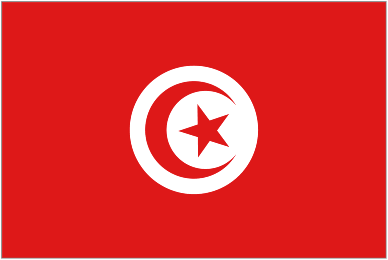August 13

Women’s Day in Tunisia isn’t celebrated on March 8th like much of the rest of the world, but on August 13, in commemoration of the Tunisian Code of Personal Status, enacted on this day in 1956.
The Code and the principles it endorsed sent shock waves across the Islamic world when it was created. Among other things, the Code established judicial divorce proceedings, gave women the right to request divorce, set the minimum age for marriage at 17, abolished polygamy, regulated alimony payments, improved women’s standing in child custody proceedings and inheritance matters, and reduced gender inequality in general.
The Code of Personal Status was one of the first major legislative actions of the new government. Tunisia had only gained independence from France in March of that year.
It’s been said, the Code differs from women’s rights legislation in other nations in that, though supported by active women’s groups such as the National Union of Tunisian Women, the Code was not a reaction to a widespread grass-roots movement, but an action of a reformist government in a recently-independent nation with the purpose of modernizing Tunisian societal structure to enable Tunisia to compete in an industrialized, post-war world.


hello!
hmmmm… In my opinion, women’s rights movements are not a reaction to widespread grass-root movements, they are a reaction to patriarchal societies, in order to transform them into gender harmonious and respectful societies in which sexism has no room at any level.
What happened in Tunisia is great since the transformations took place at the legislative level. Olympe de Gouges, in 1791, wrote La Déclaration des droits de la femme et de la citoyenne. La Révolution française was not including women in its great project of freedom and equality. She had the courage to say it.